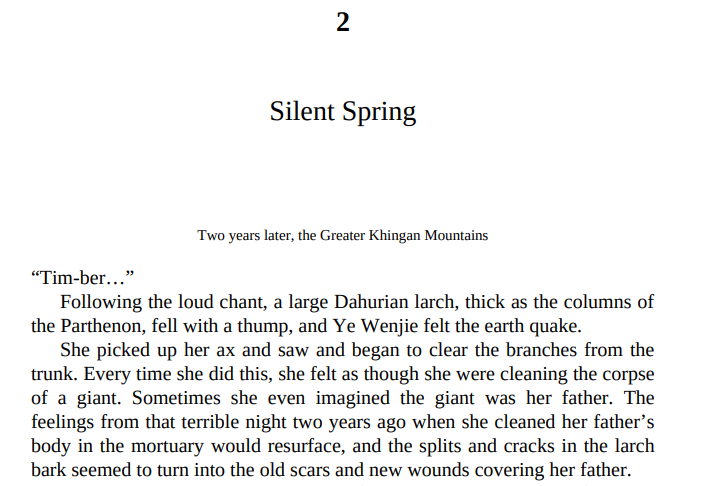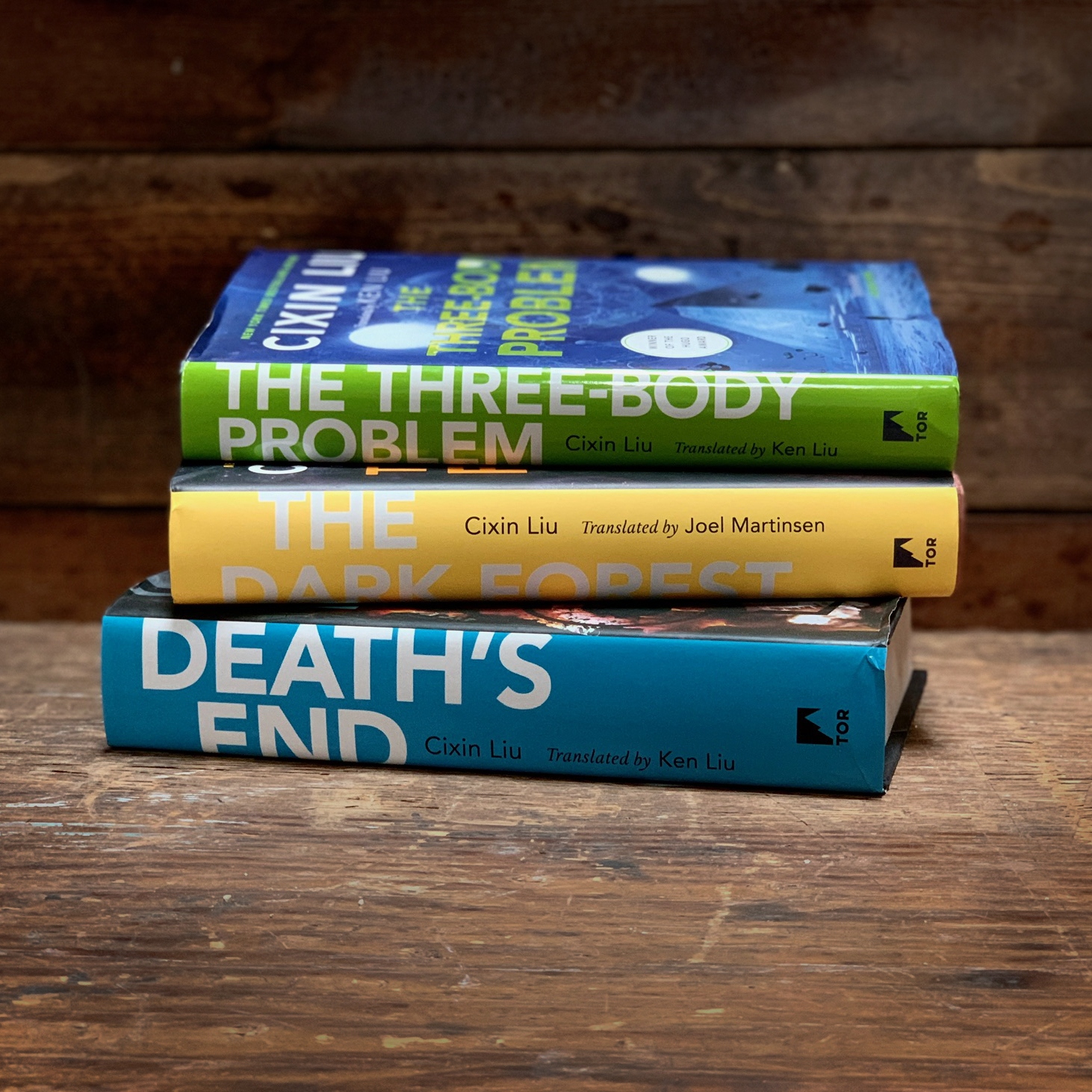


She waved the battle banner as though brandishing her burning youth, trusting that the enemy would be burnt to ashes in the revolutionary flames, imagining that an ideal world would be born tomorrow from the ardor and zeal coursing through her blood.… She was intoxicated by her brilliant, crimson dream until a bullet pierced her chest. The new girl clearly thought she’d be just as lucky. Every time, the courageous man or woman had been able to retreat safely from the hailstorm of bullets and earn glory for their valor. They’d stand on top of the building, wave a flag, shout slogans through megaphones, and scatter flyers at the attackers below. Numerous members of the April Twenty-eighth Brigade had engaged in similar displays before. Together, they formed a condensed version of modern history. The weapons attacking her were a diverse mix: antiques such as American carbines, Czech-style machine guns, Japanese Type-38 rifles newer weapons such as standard-issue People’s Liberation Army rifles and submachine guns, stolen from the PLA after the publication of the “August Editorial”1 and even a few Chinese dadao swords and spears. Her appearance was greeted immediately by a cacophony of gunshots. The slender figure of a beautiful young girl emerged at the top of the building, waving the giant red banner of the April Twenty-eighth Brigade. Compared with the weathered men and women of the first generation of Red Guards, the new rebels were a pack of wolves on hot coals, crazier than crazy. If a defender flipped the switch, revolutionaries and counter-revolutionaries alike would all die in one giant ball of fire.Īnd the young Red Guards of the April Twenty-eighth Brigade were indeed capable of such madness. He couldn’t see them, but he could feel their presence like iron sensing the pull of a nearby magnet. The Red Union had been tempered by the tumultuous experience of revolutionary tours around the country and seeing Chairman Mao in the great rallies in Tiananmen Square.īut the commander was afraid of the dozen or so iron stoves inside the building, filled with explosives and connected to each other by electric detonators. The more than two hundred Red Guards of the April Twenty-eighth Brigade were mere greenhorns compared with the veteran Red Guards of the Red Union, which was formed at the start of the Great Proletarian Cultural Revolution in early 1966. The Red Union commander was anxious, though not because of the defenders he faced. Their red flags fluttered restlessly around the brigade building like flames yearning for firewood. The Red Union had been attacking the headquarters of the April Twenty-eighth Brigade for two days. The result is a science fiction masterpiece of enormous scope and vision. Meanwhile, on Earth, different camps start forming, planning to either welcome the superior beings and help them take over a world seen as corrupt, or to fight against the invasion. An alien civilization on the brink of destruction captures the signal and plans to invade Earth. Set against the backdrop of China’s Cultural Revolution, a secret military project sends signals into space to establish contact with aliens.

Three-Body Problem is the first chance for English-speaking readers to experience this multiple award winning phenomenon from China’s most beloved science fiction author, Liu Cixin.


 0 kommentar(er)
0 kommentar(er)
